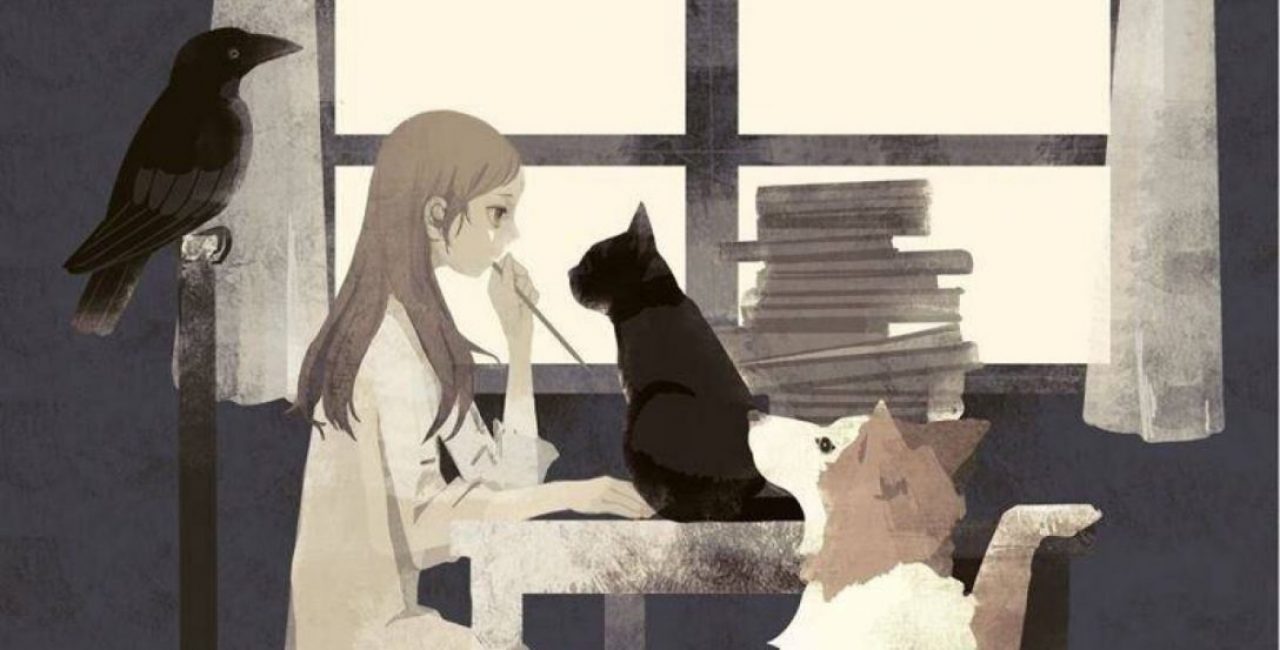Let it be identified: I’m not a huge fan of online dating sites. Indeed, one of my close friends found her fantastic fiancé on the web. Of course, if you live in a little area, or fit a certain demographic (e.g., lady over 45, ultra-busy business person, sugar daddy melbourne daddy, sneaking around your spouse), online dating sites may broaden possibilities available. But also for average folks, we’re much better down meeting actual alive humans eye-to-eye just how character supposed.
Allow it be identified: unlike Dr. Ali Binazir, which published that introduction in a write-up known as ” Six risks of internet dating,” we was a fan of online dating sites, and that I hope that the prospective issues of looking love online don’t scare curious daters out. I actually do, however, believe Dr. Binazir’s guidance offers useful direction proper who wants to approach internet dating in a savvy, well-informed means. Listed here are more of the physician’s wise terms for any discerning dater:
Online dating services present an unhelpful insightful solutions.
“even more choice really makes us a lot more unhappy.” That’s the principle behind Barry Schwartz’s 2003 publication The Paradox of preference: Why Less is More. Online dating services, Binazir argues, offer way too much choice, that actually can make on line daters less inclined to find a match. Picking a partner away from several options is simple, but choosing one of thousands is almost difficult. Too many solutions also escalates the likelihood that daters will second-guess themselves, and reduce their unique chances of discovering joy by constantly questioning whether or not they made the right choice.
Men and women are prone to take part in rude behavior on the web.
The minute people are hidden behind private display screen labels, responsibility disappears and “people haven’t any compunctions about flaming the other person with scathing remarks which they would not dare deliver in-person.” Face-to-face behavior is governed by mirror neurons that allow you feeling someone else’s emotional state, but online interactions don’t turn on the method that creates compassion. Thus, it isn’t difficult ignore or rudely reply to a note that someone devoted an important amount of time, effort, and emotion to assured of sparking the interest. After a while, this continual, thoughtless getting rejected takes a significant psychological toll.
There’s small responsibility online for antisocial conduct.
Once we satisfy somebody through the social networking, via a buddy, member of the family, or colleague, they come with this friend’s stamp of endorsement. “That personal liability,” Binazir produces, “reduces the probability of their own becoming axe murderers and other ungentlemanly inclinations.” In the open, untamed countries of online dating sites, in which you’re extremely unlikely to possess a connection to any person you satisfy, anything goes. For protection’s sake, and to increase the chance for satisfying somebody you are really suitable for, it could be better to have out with folks who have been vetted by your social circle.
Fundamentally, Dr. Binazir provides fantastic information – but it is perhaps not a reason in order to prevent online dating sites completely. Get his terms to center, a good idea upwards, and method on the web really love as a concerned, conscious, and well-informed dater.
Associated Tale: Internet Dating: A Dissenting View

Bạn phải đăng nhập để bình luận.